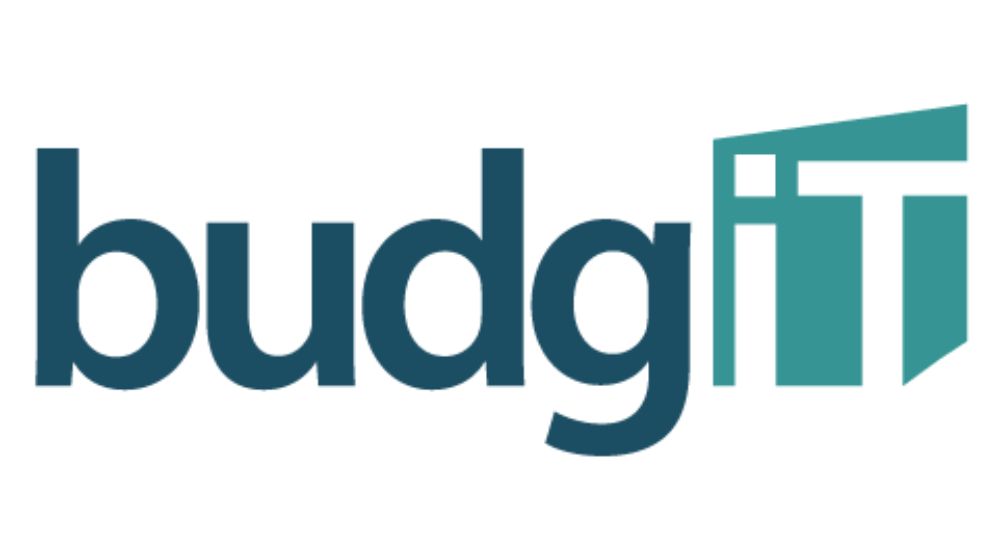BudgIT, a civic-tech organization advocating for transparency, has raised serious concerns about the 2025 Federal Government budget presented by President Bola Tinubu on December 18, 2024. The N49.7 trillion budget, titled “Budget of Restoration: Securing Peace, Building Prosperity,” is currently under review by the National Assembly.
In a statement signed by Communications Associate Nancy Odimegwu, BudgIT flagged several omissions and irregularities in the proposed budget. Notable issues include the absence of budget breakdowns for key agencies like the National Judicial Council (N341.63 billion) and TETFund (N940.5 billion). Additionally, budgets for government owned enterprises such as the Nigerian Ports Authority and Nigerian Customs Service were missing.
The organization also criticized the allocation of N2.49 trillion to regional development commissions under personnel costs. BudgIT argued that this approach conceals the true nature of operational expenses, undermining transparency.
Another major concern is the exclusion of funding for the Lagos-Calabar Coastal Road, a key infrastructure project. BudgIT warned that allocating funds for this project later could divert resources from other critical areas, affecting the budget’s credibility.
BudgIT also questioned recent announcements by President Tinubu regarding military welfare packages, such as bulletproof SUVs and paid foreign medical treatment for generals. These provisions, the group noted, contradict the President’s earlier commitment to reducing governance costs.
The statement highlighted broader concerns about the budget process, including frequent distortions by the National Assembly, lack of public participation and the government’s history of inaccurate economic assumptions. These issues, BudgIT stated, have led to fiscal risks, inefficient resource allocation, and a rising public debt.
The organization called on the National Assembly to conduct a thorough review of the budget, prioritize resource efficiency, and align spending with Nigeria’s long-term development goals. BudgIT emphasized the need for public input to ensure the budget reflects national priorities, including job creation, poverty reduction, and inclusive economic growth.
It urged lawmakers to address these issues responsibly and ensure that the final budget supports Nigeria’s developmental objectives.

